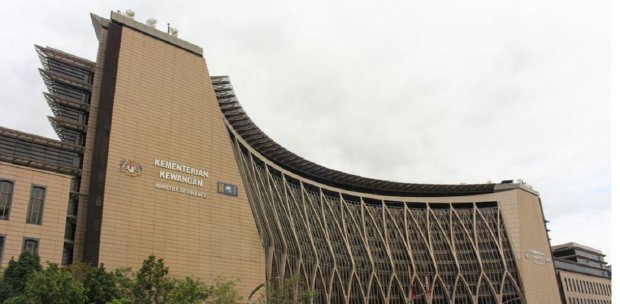As we approach the state elections, issues about the economy, especially the cost of living, will be at the top of the agenda during the campaign.
People want to hear solutions to economic woes, not excuses or who is to blame.
The cost of living issue has been around for decades, but it became serious since 2008 and worsened during the Covid-19 pandemic.
The question is whether people can feel it. True, the gross domestic product number sounds convincing, the inflation rate is on a downward trend, the jobs data looks good, and investors are coming to our country.
The government has rolled out measures and initiatives, including opening up the market to competition, introducing the Rahmah concept, announcing the People's Income Initiative, introducing the People's Facilities Initiative, and initiating schemes and direct subsidies and aid under the 2023 Budget.
Also, the government is planning to come up with more economic measures and strategies, like a more targeted subsidy mechanism, a progressive wage model, Rahmah economic policy, a mid-term review of the 12th Malaysia Plan, the New Industrial Master Plan 2023, as well as the tabling of the 2024 Budget.
The most awaited announcement is the Madani Economic Narrative framework.
While doing all these — not to mention the fight against corruption, good governance and transparency — the ringgit continues its slide, capital outflows continue, and prices continue to increase.
Counter-measures take time to bear fruit. However, in economics, it is expectations that matter.
That is why in economics, planning and communication are crucial. Planning and communication need coherency. With coherency, comes expectations.
But if the government keeps highlighting that the economy is facing a RM1.5 trillion debt problem, then of course the cost-of-living issue will be difficult to manage, let alone solve.
To address the cost of living, salaries must be go up, jobs must be available, social safety net must be adequate, business ecosystem must be created, and basic services provided.
The government must set its priorities right: is reducing debt more important than reducing the cost of living?
The main problem here is not the debt level, but the metaphor we use to understand debt level
The federal debt level is a problem if we compare it with household debt. This is called the fallacy of composition.
It's as if we believe that cars are made of rubber simply because of the fact that one component of the vehicle, the tyre, is made of rubber.
Public finance is more complicated than personal finance and they are not similar.
It is crucial to note that at the level of the economy as a whole, spending determines income, whereas at the individual level, income is the main determinant of spending.
Why? The short explanation would be that spending is the lifeblood of capitalism.
In other words, if there is no borrowing, the economy will stop growing.
When the government spends, it creates a multiplier effect to the economy, where it gives money to the people to buy and the businesses to invest and trade. Only then is tax collection possible.
Similarly, before the federal government issues bonds, spending must come first through reserves.
Inflation should not be an issue as long as spending expands the productive capacity of the economy.
One important spending by the government, which can magnify the productive capacity of the economy, is the spending on its people in the form of broadening the economic and social benefits as well as spurring economic growth in a way that is sustainable and inclusive.
These will reduce the cost of living, bring down the household debt level, and improve the well-being of the people.
Public debt level may increase now, but it will stabilise in the future. A metaphor is conceptual in nature. It cannot directly state truths.
When we infer the implications of public debt like an individual debt, we have committed the fallacy of composition in our understanding of one of the complex economic issues confronting our economy today.






